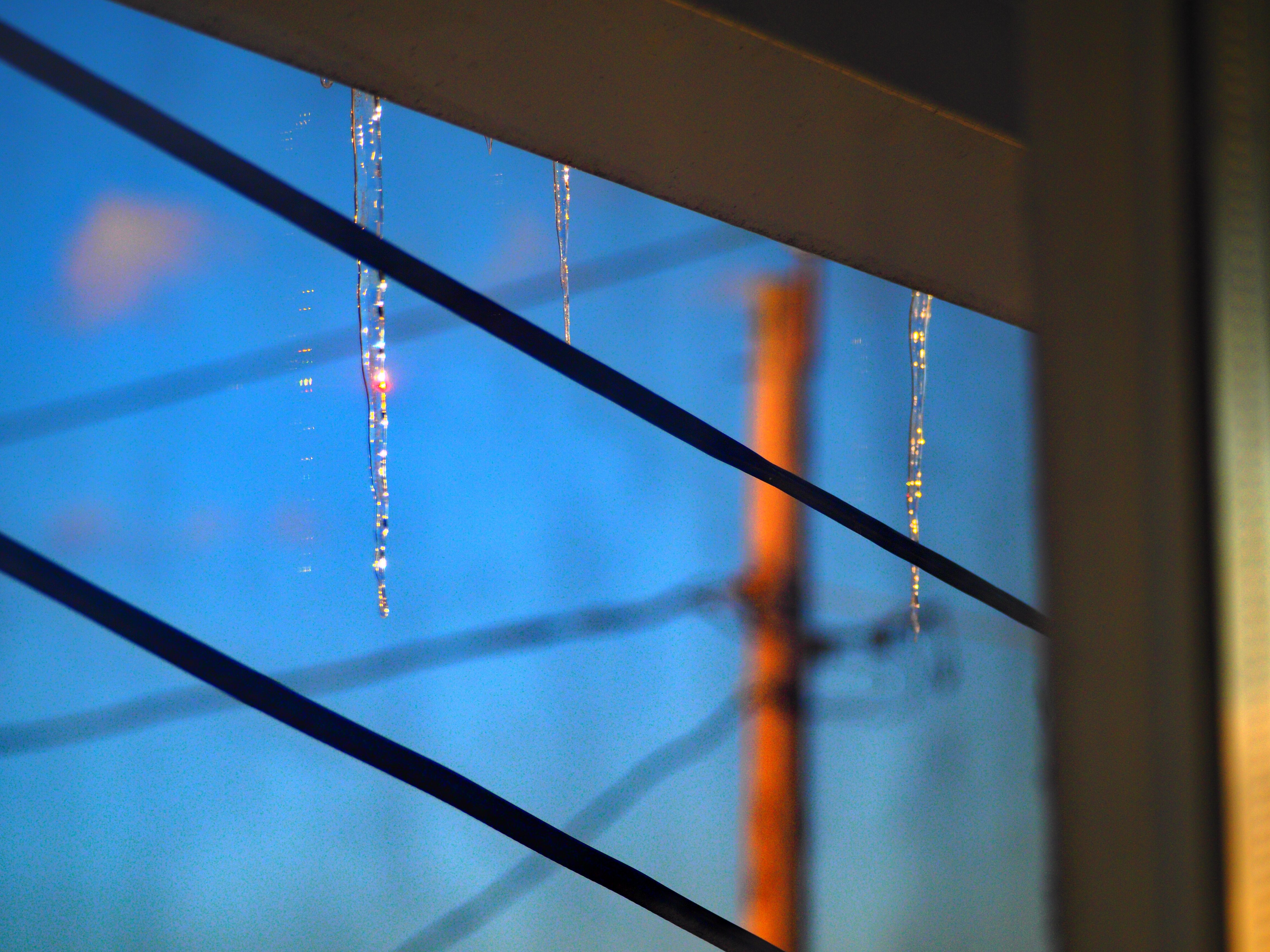1989 - One of the most severe convective outbreaks of record came to a climax in southern California after four days. Thunderstorms deluged Benton CA with six inches of rain two days in a row, and the flooding which resulted caused more than a million dollars damage to homes and highways. Thunderstorms around Yellowstone Park WY produced four inches of rain in twenty minutes resulting in fifteen mudslides. Thunderstorms over Long Island NY drenched Suffolk County with 8 to 10 inches of rain. Twenty-three cities in the southeastern U.S. reported record low temperatures for the date. It was, for some cities, the fourth straight morning of record cold temperatures. (The National Weather Summary) (Storm Data)
wow what was going on in 1989? we had another huge and terrible nationwide severe wx outbreak in November 1989 (which has been discussed before on here.)
1944 - The temperature at Burlington, VT, soared to an all-time record high of 101 degrees. (The Weather Channel) The Dog Days officially come to an end on this date, having begun the third day in July. Superstition has it that dogs tend to become mad during that time of the year. (The Weather Channel)
Look at how hot 1944 was, absolutely amazing !!
Highs:
EWR: 102 (1949)
NYC: 102 (1944)
LGA: 99 (1949)
JFK: 99 (1949)
1949 too, I would have been pissed off, JFK hit 99 instead of 100 lol.
1933: The shade temperature reached 136.4° at San Luis, Mexico, to unofficially share the world record with Aziziyah, Lybia. (Ref. Wilson Wx. History)
1936: The warmest August temperature ever recorded in both Oklahoma City and Wichita Falls occurred on this date. The morning low in Oklahoma City was a warm 82°, before both cities warmed up to a very hot 113°. The old August record in Oklahoma City was 112, which was set the day before. In Wichita Falls, this record was tied on 8/6/1964. (Ref. Wilson Wx. History)
Tony what happened to this 1933 record from Mexico, I don't see it mentioned anywhere?
and 1936 endless heat continued....






